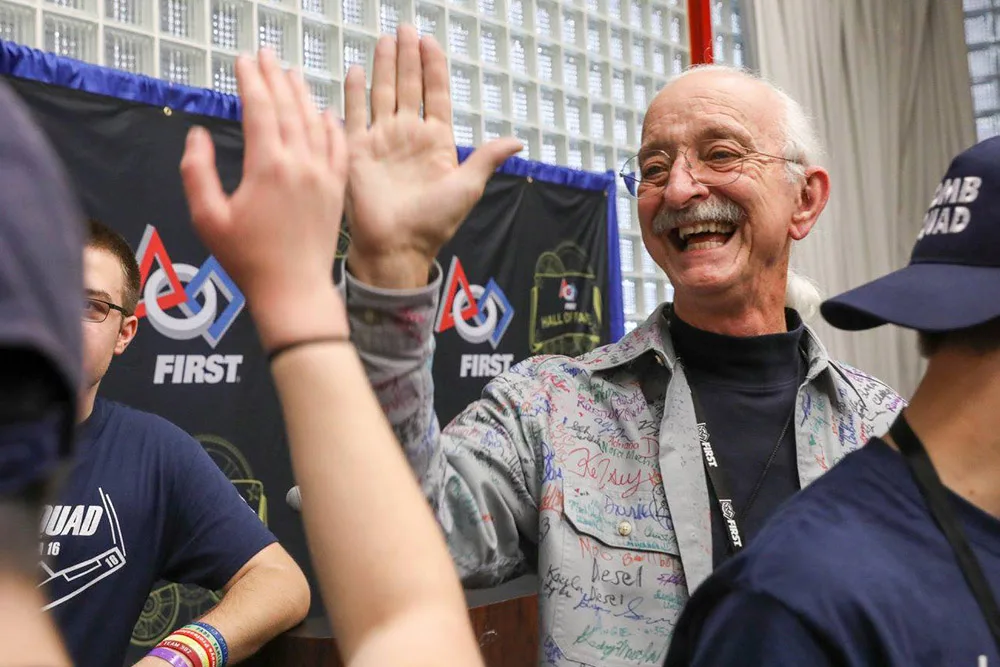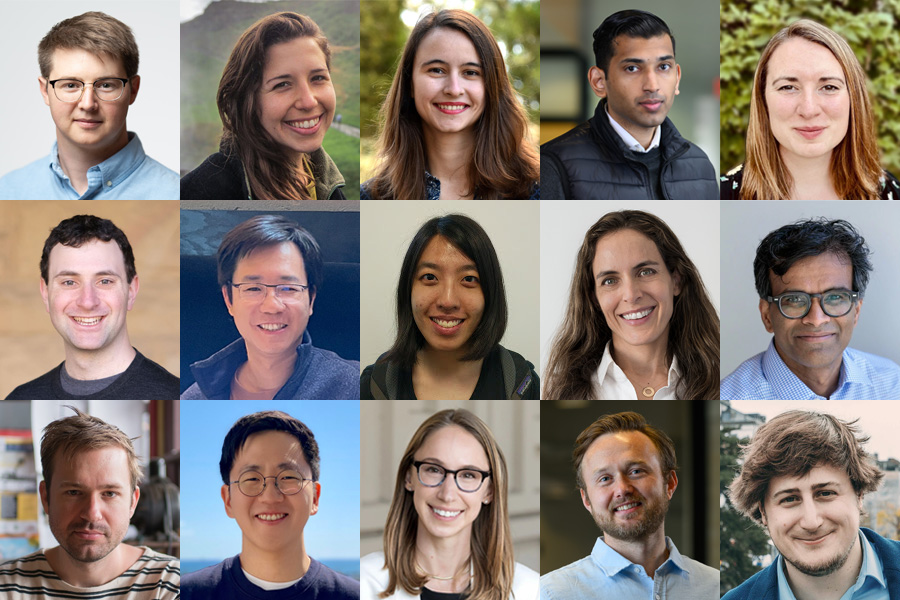Dr. Woodie Flowers, a pivotal professor emeritus at MIT and a graduate himself (SM ’68, MEng ’71, PhD ’73), transformed engineering education through his innovative teaching methods. During his time as a student, he experienced classes that were primarily paper-and-pencil-based, but he longed for a more hands-on approach. Transitioning into teaching, Flowers revolutionized instruction, greatly influencing not only MIT’s engineering curriculum but also educational practices worldwide.
Although he passed away in 2019, Flowers’ profound legacy continues to inspire students and educators in engineering.
In the 1970s, he took the reins of the 2.70 course, now known as 2.007 (Design and Manufacturing I). Once a traditional course dominated by chalkboard lectures, it transformed under Flowers’ leadership into a vibrant, project-based experience filled with real-world applications that first-year students eagerly anticipated.
As Professor Emeritus David Gossard, a close colleague of Flowers, noted, “Their idea of design at the time was to draw parts.” However, Flowers introduced a new paradigm: he provided students with kits of materials and a collective challenge—to create machines capable of climbing hills, picking up golf balls, and more—turning learning into an exciting competition. This dynamic shift in the course structure has become an integral part of MIT’s educational philosophy.
Under Flowers’ mentorship, 2.70 morphed into a hands-on, robotics competition-focused class, where students gained unparalleled real-world experience. His commitment to making learning enjoyable resonated throughout his life; he was often seen rollerblading through MIT’s Infinite Corridor and even enjoyed skydiving. This engaging learning environment significantly bolstered the Department of Mechanical Engineering’s reputation for pioneering education.
Flowers emphasized the necessity of hands-on experiences for budding engineers. “A lot of kids had never started from scratch and built anything,” he observed. Inspired by his advisor, Robert Mann, Flowers advocated for a tactile, modern approach to pedagogy. His teachings reinvigorated “the MIT way” and ignited interest in STEM education across the globe.
Sanjay Sarma, the Fred Fort Flowers (1941) and Daniel Fort Flowers (1941) Professor in Mechanical Engineering, remarked on Flowers’ unparalleled impact: “I can’t think of anyone who has influenced the fields of robotics and design in undergraduate or high school education as much as Woodie.”
Growing up with a welder father who enjoyed tinkering and an elementary teacher mother, Flowers developed a passion for mechanical engineering early on. His upbringing fueled his belief that hands-on experiences enhanced students’ engineering abilities.
In a captivating 2010 interview with InfiniteMIT, Flowers recounted an enlightening moment when a student initially struggled to bend a piece of rebar into a functional bearing. Instead of giving up, he collaborated with her to demonstrate how manipulation and real interaction could yield impressive results. “That visceral understanding of the behavior of mechanics is crucial,” he stated, emphasizing that such learning can’t be gleaned from textbooks alone.
The landmark course 2.70/2.007 stands as a model of active learning, teaching students not only design principles but also how to implement those designs practically. Its hands-on approach has significantly influenced similar educational programs, instilling confidence and competence in future engineers.
Moreover, the course inspired the establishment of the FIRST Robotics program, co-founded by Flowers and inventor Dean Kamen in 1989. This program now engages over 3.2 million young people globally, fostering a love for robotics and innovation.
In its early days, the “bag of junk” that Flowers prepared for students’ projects included rudimentary items like springs, tongue depressors, and rubber bands. His wife, Margaret, fondly recalls the countless nights spent assembling these kits and fostering a collaborative spirit among students. “We considered ourselves a team,” she reflects.
Today’s students in 2.007 not only utilize mechanical parts from these kits but may also develop 3D-printed components and incorporate electronics for their robots’ autonomy during competitions. The spring 2024 challenge featured a theme inspired by Cartoon Network’s “Rick and Morty,” showcasing interactive tasks such as navigating a spaceship and retrieving “acid” balls. Previous themes have included beloved franchises such as “Star Wars” and “Back to the Future.” Notably, the poignant 2022 theme “Legacy” honored Flowers’ immense contributions to engineering education.
“Woodie revealed, unambiguously, that designing, fabricating, assembling, and building things was fun,” Gossard stated. “It was arguably the essence of engineering. There was joy in it.”
A version of this article appears in the Spring 2025 issue of MechE Connects, the magazine of the MIT Department of Mechanical Engineering.
Photo credit & article inspired by: Massachusetts Institute of Technology



